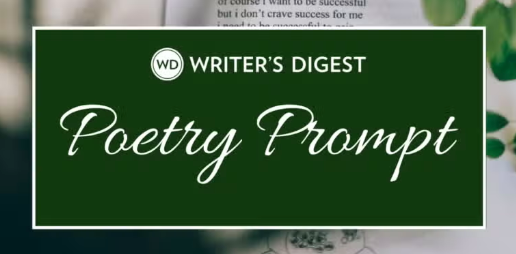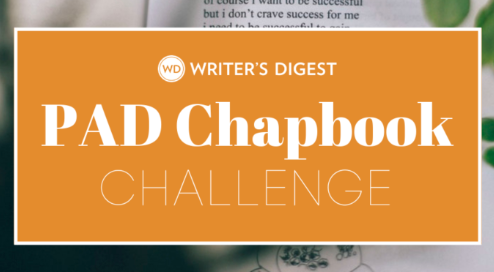Found Poetry: Poetic Forms
Learn more about found poetry, including guidelines and approaches for writing this poetic form and an example poem.
Here's one of my earliest published poems from a 2006 issue of Children, Churches & Daddies.
"RE: your hips"
OK
time to get serious...
Don't you think it's about time you dropped a few pounds?
No diet, No exercise...
No BS,
Only safe, substantial results in a few weeks,
period.
It only takes 24 bucks
to see if this is what you've been searching for
the last few years...
we bet it is.
This poem is not my typical style. In fact, I had very little involvement in composing this poem outside of how the line breaks were structured. This is a "found" poem that was originally a spam message found in my e-mail inbox.
What Is Found Poetry?
Found poetry is all about taking words not originally meant to be a poem (as they originally appeared) and turning those words into a poem anyway. You can use newspaper articles, bits of conversation (something I've done more than a few times with my 4 and 6 year olds), instructions, recipes, letters, e-mails, direct mail and even spam e-mail (they had to have some value, eh).
With found poetry, you do not alter the original words, but you can make line breaks and cut out excess before and/or after the poem you've "found." The power of found poetry is how words not intended as poetry can take on new and profound meanings as found poems.
For instance, the spam e-mail I received above gave me a little chuckle at first. But then, the content stuck with me, and I began thinking about two different sides of this message. First, obesity is more of a widespread problem now than at any other time in human history. Second, more people have eating disorders (whether eating too much or too little) and body image issues now than, perhaps, at any other time in human history, too.
As a result, this poorly crafted spam message that was intended to try and get people to check out some dietary product takes on a much more powerful commentary as a found poem. For some, it will draw a smile. For others, it will speak to the problems of overeating and lack of exercise. For still others, it will symbolize how people are harming themselves physically and mentally by placing too much emphasis on their body image.
Not every found poem has to make a commentary, but this is one example. For "writing" your own found poems, you just need to continue doing what all writers do: Pay attention to your surroundings. If you find something interesting, see if it'll work as a poem.
*****
Play with poetic forms!
Poetic forms are fun poetic games, and this digital guide collects more than 100 poetic forms, including more established poetic forms (like sestinas and sonnets) and newer invented forms (like golden shovels and fibs).





